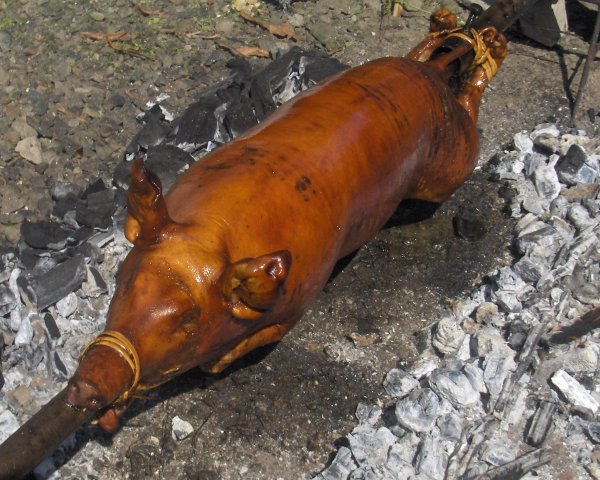Facts About Lechon
Lechón is a beloved pork dish celebrated in many parts of the world, particularly in Spain and countries that were once Spanish colonies. Traditionally, the term "lechón" refers to a roasted suckling pig that is still nursing from its mother. This mouthwatering dish is a staple in countries like Spain, Cuba, Puerto Rico, the Dominican Republic, and other Spanish-speaking nations in Latin America. Typically, lechón involves roasting a whole suckling pig over charcoal, and it is considered a national dish in places like Cuba, Puerto Rico, and Spain.
In the Philippines and other Austronesian regions, the tradition of pig roasting dates back to pre-colonial times. While the Spanish term "lechón" is used to describe roasted pig in general, in these areas, it often refers to adult pigs rather than piglets. The Philippines, especially Cebu, is famous for its lechón, with each region offering its own unique preparation styles, such as Manila lechón and Cebu lechón. Lechón is a significant dish in the Philippines, where it's prepared with a variety of herbs and spices and cooked over charcoal to perfection.
Leftover parts of the lechón, like the head and feet, are often used in other delicious dishes like lechón paksiw or transformed into new creations like sisig. In Puerto Rico, lechón is known as lechón asado and is a traditional dish served at festivals and holidays. It is considered a national dish and holds a special place in Puerto Rican culture.
